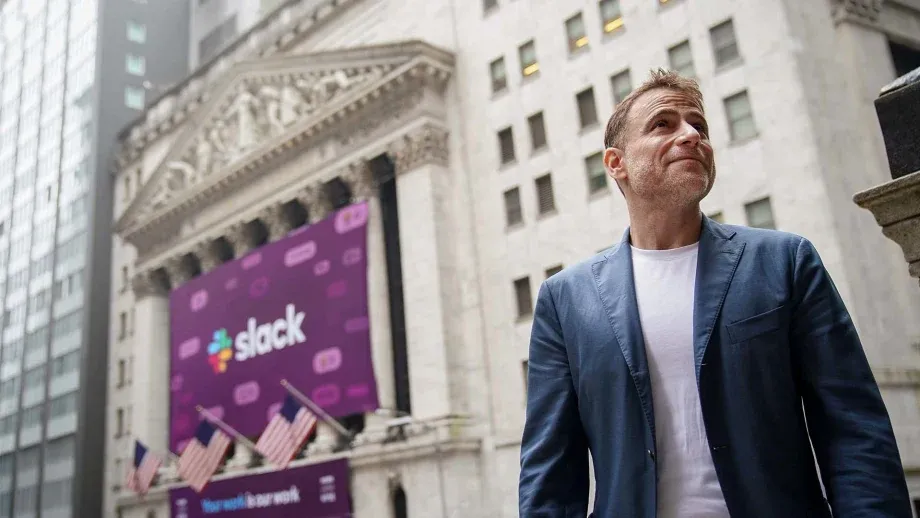You asked: We don't sell saddles here

From John O'Nolan (CEO of Ghost):
How did Stewart's infamous "we don't sell saddles here" essay go down internally, at the time? And how do you feel that essay aged, with hindsight?
Stewart shared We Don't Sell Saddles Here internally in July 2013, just before we launched our Preview Release. You can read about what was going on at the company at that time in our recent post: Good enough to be tried by the general public. He later published it on the web around the time of our public launch in February 2014.
My memory of the internal reaction is straightforward: it raised our eyeline and expanded the scope of our efforts. We were deep in the details of making everything work and preparing for our first public release. Stewart, as ever, was thinking several steps ahead. He needed to convey to us the opportunity and challenge we had ahead of us:
- Convince a large group of people who have no idea what Slack is or why they need it to sign up and pay for it
- Refine the quality of the product to the point where all the rough edges were eliminated and the customer got an experience "as smooth as lacquered mahogany"
In these ways it was providing directive, tactical guidance about how we should be spending our time, and what the next phase of our efforts would look like. It was time to step up, and we all knew it.
It was also setting the strategic plan for how we would win: by defining and owning a new and potentially massive market. We would do this by telling a story about a better way of working, and helping customers see themselves in that story. Then we would make sure that they actually got that experience when they made the effort to sign up.
Later in the company's history, Stewart would often say that leaders let people know what's important. This was an early example of him doing that. Everyone at the company at the time was already fully committed, but this framing served to expand and elevate our efforts. This was it! We had built something people genuinely wanted. This was our game to win. How are we going to do it?
We do it really, really fucking good.
Slack's relative success in 2024 can still be attributed to the extent to which the company achieves the twin aims of conveying the potential power of the tool – organizational transformation – and delivering on that promise with high quality software that is polished, coherent and performs well. The shortcomings of the product and business can be attributed to failure to meet those requirements.
As a sort of "founding document" of the company, the memo distils a lot of Stewart's perspective on business and software into a succinct thesis. His primary emphasis on the quality of the software and service as experienced by end users remained evergreen throughout his leadership. His intuitions about the readiness of people to adopt new ways of working guided many of our product iterations over the years.
Be harsh, in the interest of being excellent.
With this essay, Stewart urged us to be as critical of our own software as we all are of the software made by other companies. He encouraged us not to get complacent about the flaws in our product or the gaps that prevented others from understanding it. This mindset was also consistent throughout his tenure. A restless, productive dissatisfaction with our efforts that inevitably forced us all to do better and make the best thing we knew how to make.
Ensuring that the pieces all come together is not someone else’s job. It is your job, no matter what your title is and no matter what role you play.
He encouraged us to take personal responsibility not just for the tasks we were assigned, but for our shared mission in the biggest sense. This was operationalized in the early days. We would say "Somebody doesn't work here." As in, "Somebody should fix the typing lag in the search input" or "Somebody should follow up with the teams that churned last week." Nope. It's our shared responsibility, and you need to do it yourself or chase things down to ensure it's going to get done.
Finally, as a statement of leadership and an answer to the question, "Why does this matter?" the essay has stood the test of time. We needed to play to win, to go big, and to play the game to the full extent of our abilities. As Stewart put it, "why the fuck else would you even want to be alive but to do things as well as you can?" Coming from him, who worked harder than anyone else, this was inspiring.
Thanks for the question John, and thank you for making Ghost. We're really enjoying using it.
